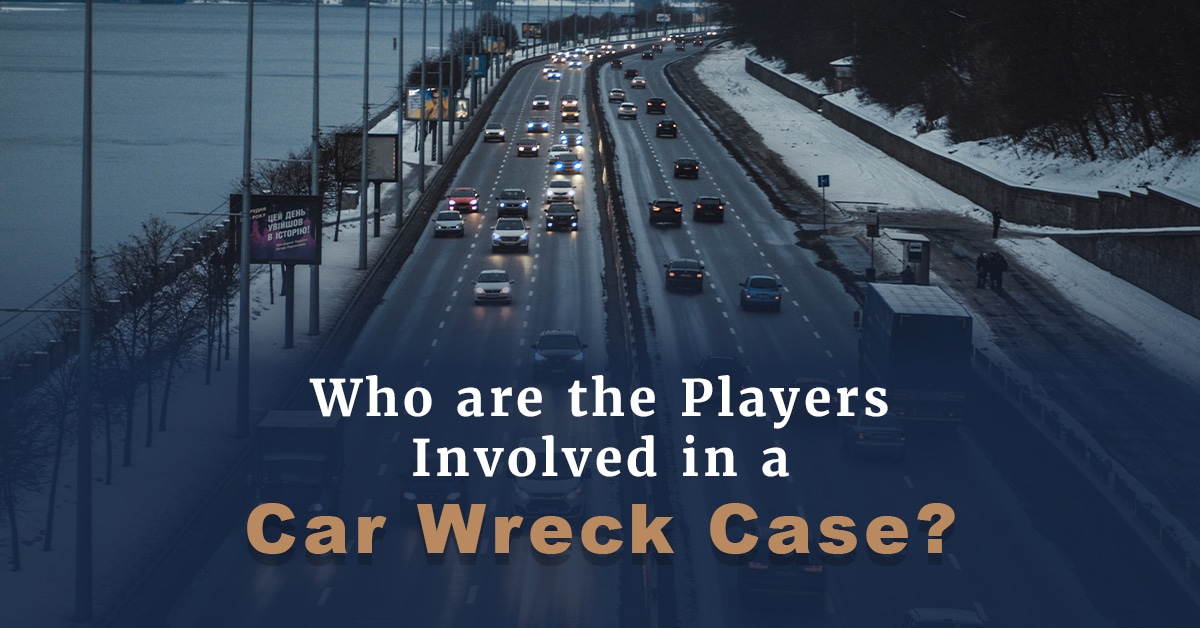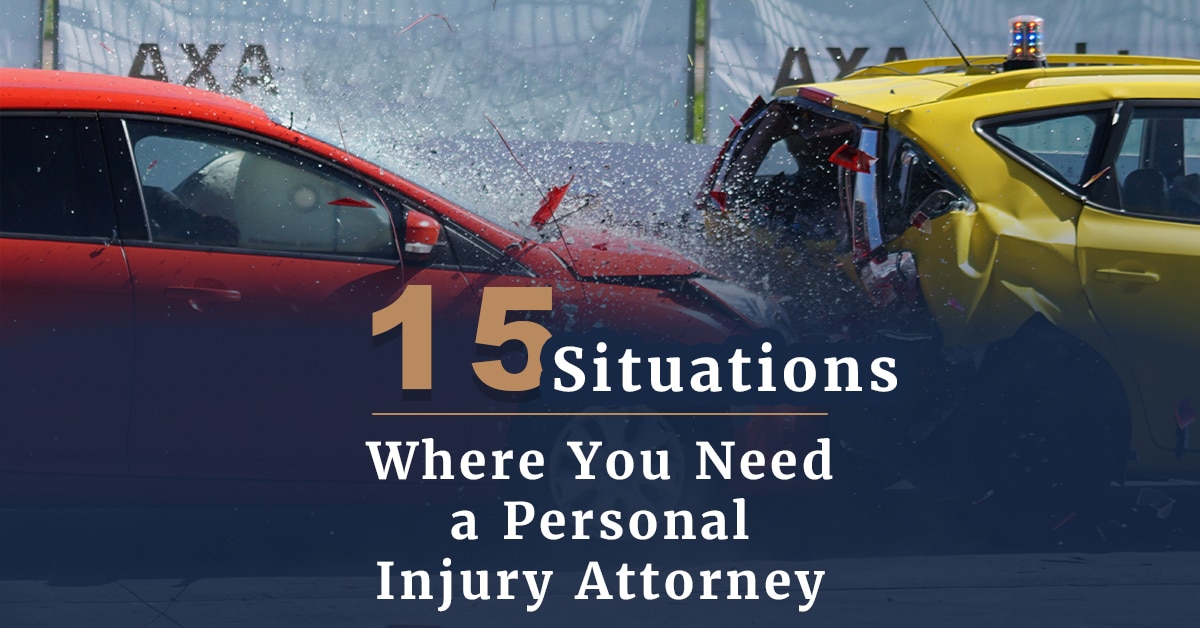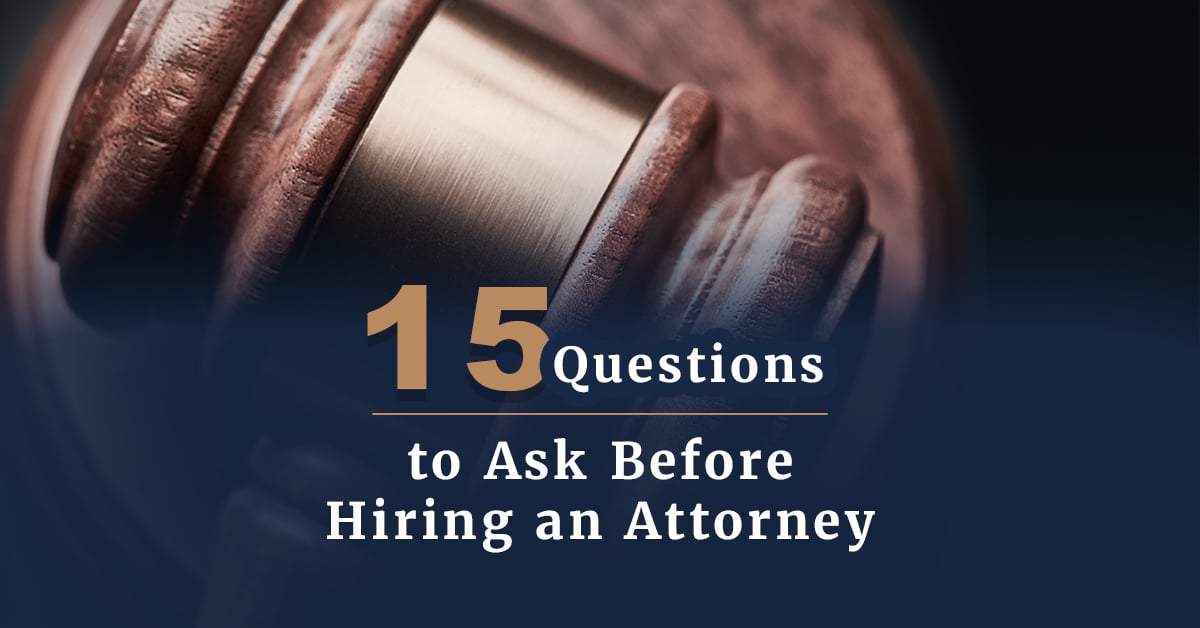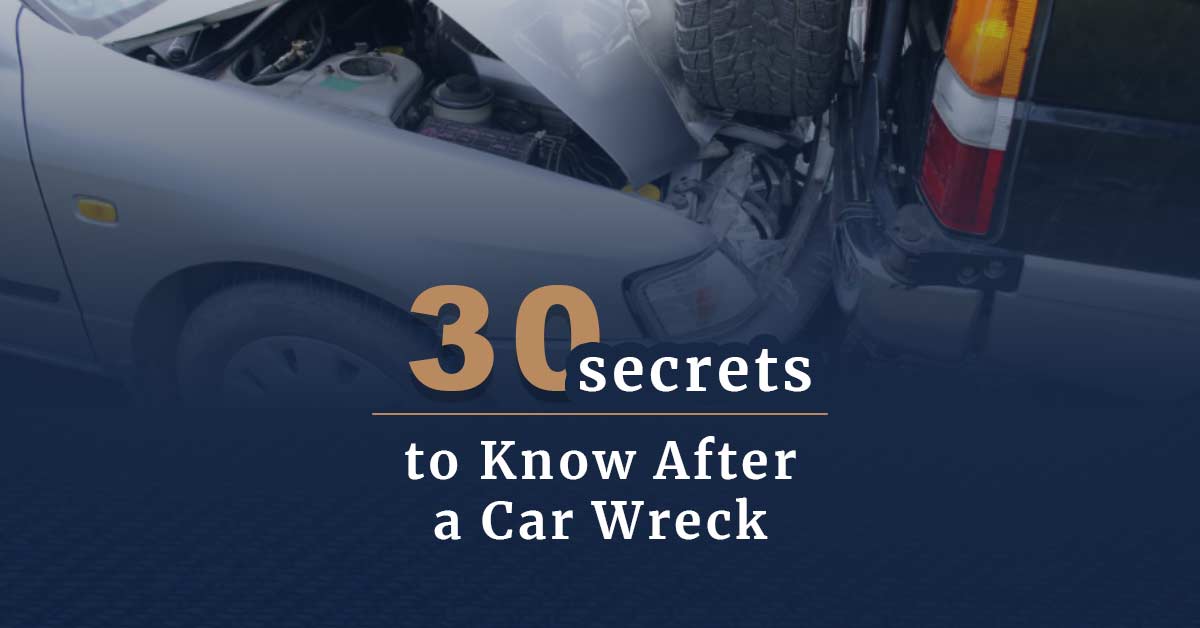Who are the Players Involved in a Car Wreck Case?
When involved in a car wreck in the state of Georgia, there are at least 30 players that may be involved in your case. Despite the many people you’ll likely encounter throughout your case, your personal injury attorney will assist you through every step. Read more to learn about each party and what they do to make or break your case.
- The At-Fault Driver: If you suffer injuries in a car wreck that was not your fault, make sure to get the at-fault driver’s contact and insurance information. You will need to know the at-fault driver’s contact and insurance information if you intend to bring a personal injury claim or lawsuit.
- The Injured Party: This might be you! If you are injured in a car wreck, you may be asking for compensation from the at-fault driver or their insurance company. You must find a diligent lawyer who will take the time to understand your injuries and help you recover what you deserve in your injury claim.
- Other Drivers in a Multiple Car Collision: This includes other drivers of vehicles involved in the accident who are not the injured victim or the at-fault driver. It’s important to get the contact and insurance information from these drivers, as they can provide more information throughout the case.
- Independent Witnesses: People who witness a wreck or those who stop to help the people involved are called independent witnesses. An independent witness may have seen enough of the accident that they can make or break your case. Be sure to get his or her contact information.
- Investigating Police Officer: The investigating police officer is the one filling out the accident report, getting information from both parties, issuing citations and filling out the narrative report.
- Ambulance or EMS Crew: An ambulance may arrive at the scene to provide care to any injured victims. If you are injured, be sure to let the EMS crew know of any pre-existing conditions you may have.
- 911 Operator: After a wreck, the first phone call you should make is to 911. The operator takes all information provided and transmits it to emergency response officers. Remember to remain calm and speak clearly to the operator so they can understand you and send necessary help.
- Emergency Room Personnel: ER personnel includes the doctors, nurses and technicians who assess your injuries and determine the next steps for your healthcare treatment. Let them know your injuries are from the car wreck.
- Adjuster for At-Fault Driver’s Insurer: The adjuster of the at-fault driver’s insurance company looks at your claim and offers a settlement for your case. They will try to settle your case for the smallest amount possible since they are not on your side. Be sure to hire a personal injury attorney who will ensure you are compensated fairly.
- Uninsured Motorist (UM) Adjuster: This adjuster works for your own insurance company and adjusts your claim in the instance that you are hit by a driver who has insufficient liability coverage to compensate you for your damages. They will also try to settle your claim for as little as possible. Hiring a personal injury attorney will ensure you get the most money out of your claim.
- Medical Payments or PIP Insurance Adjuster: This adjuster handles medical payments coverage that you may have under your automobile policy that will cover your bills regardless of whose fault the wreck was. This person is who you will send your bills to, and they will then either pay the bills directly to the provider or to you up to the amount of your insurance policy limits.
- Tow Company: If your vehicle sustains disabling damages, it will likely be towed to a salvage yard along with all of your personal belongings. The police officers who attended the scene will be able to give you the name of the tow truck company so you can locate your vehicle and retrieve your belongings. You will also need to let your insurance company know where your vehicle is being stored so they can assess the situation and determine any necessary further steps.
- Injured Victim’s Attorney: Also known as the trial lawyer or the plaintiff’s attorney, this attorney is responsible for handling all aspects of the claim for the injured victim, including pre-suit and post-suit aspects.
- Injured Victim’s Health Insurance Company: As the injured victim, it is important for you to get medical treatment from a provider that accepts your health insurance whenever possible. This will save you money, which can ease your financial burden.
- Medical Funding Company: A medical funding company assists injured victims who may not have medical insurance and cannot pay out-of-pocket but need medical treatment. These companies will pay your medical bills and receive reimbursement from the proceeds of your claim once it is settled.
- Lawyer for Hospital for Physician Lien: In Georgia, there is a law that allows a hospital or doctor’s office to file a lien on medical bills. This allows the doctor to collect the full amount of their bills instead of accepting the reduced amount from an insurance company. A lawyer will be able to assist you with the lien.
- Subrogation Analyst: A subrogation analyst’s job is to recover as much money as possible from your car wreck settlement to reimburse any relevant health insurance or lien holders for any amounts they paid related to the injured person’s care. It’s important to have a personal injury attorney on your side that can negotiate on your behalf, to save you as much money as possible.
- Medical Specialist: Other than your primary physician, a medical specialist includes medical doctors, chiropractors, psychiatrists, and other specialists that may help you after you’ve been involved in a car wreck.
- Process Server: This person is hired by your lawyer to make sure the at-fault driver is properly served the lawsuit if filed.
- Staff Attorney: This lawyer is employed by the court to work with judges to help them come to the right decision on disputed legal issues in your case. They are also responsible for any additional research about questions of legality to help the judge come to a decision.
- Court Reporter: This key player will attend all depositions, motion hearings and trial. The court reporter is responsible for transcribing all words spoken to create a written transcript that will be utilized by all parties involved.
- Trial Court Judge: The trial court judge is the overseer of litigation car wreck cases. The trial judge will decide who is right about what law applies to your case and may also issue scheduling orders and deadlines throughout your case.
- Insurance Defense Lawyer: Also known as the defense attorney, this person is responsible for defending the case on behalf of the at-fault driver. They will conduct discovery and try the case on behalf of the at-fault driver, if needed.
- Expert Witness: This includes accident reconstructionist, biomechanical experts, medical doctors, etc. These people can attend trial and offer an opinion that may be beyond the knowledge of the average juror.
- Investigators: In a car wreck case, an investigator may be hired by the at-fault driver’s insurance company to follow the injured party around in an effort to try and catch them doing something that makes it appear as if they are not injured. Investigators are also used by both parties to locate witnesses for more information on the case.
- Mediator: A mediator is the middleman of a mediation. His or her primary duty is to meet with both parties involved and help them come to a settlement so a trial is not needed and both parties are satisfied.
- Focus Group: To better help your personal injury attorneys prepare for trial, they may hire a focus group that will listen to both sides of the case and provide feedback and/or helpful suggestions that will benefit your case.
- Jury: The jury is composed of twelve disassociated citizens that will decide which side wins at trial. The jury will return a verdict in favor of the injured party or the defendant. If the verdict is in favor of the injured party, the jury will normally decide how much should be awarded.
- Courtroom Visuals: Visuals, including medical illustrations, PowerPoint presentations, videos, recorded 911 calls, etc., are beneficial to a case in allowing the jury to fully grasp the extent of the car wreck and any sustained injuries.
- Appellate Court: The appeals courts in Georgia include The Court of Appeals of Georgia and The Supreme Court of Georgia. After a car wreck trial or motions hearing, The Court of Appeals is usually the first line of appeal for any alleged errors from the trial court. The court will hear the case and decide whether to affirm or reverse the trial court or to remand the case to trial court.
There are many moving parts involved with a car accident case, and it can become confusing and overwhelming to face alone. Trustworthy personal injury attorneys like those in our office are here to help. Have you recently been involved in a car accident in the state of Georgia? Call Williams Elleby Howard & Easter at 833-LEGALGA (833-534-2542) today to schedule a free initial consultation. Be sure to check out our video playlist of the 30 Players Involved in a Car Wreck case on our YouTube channel.










